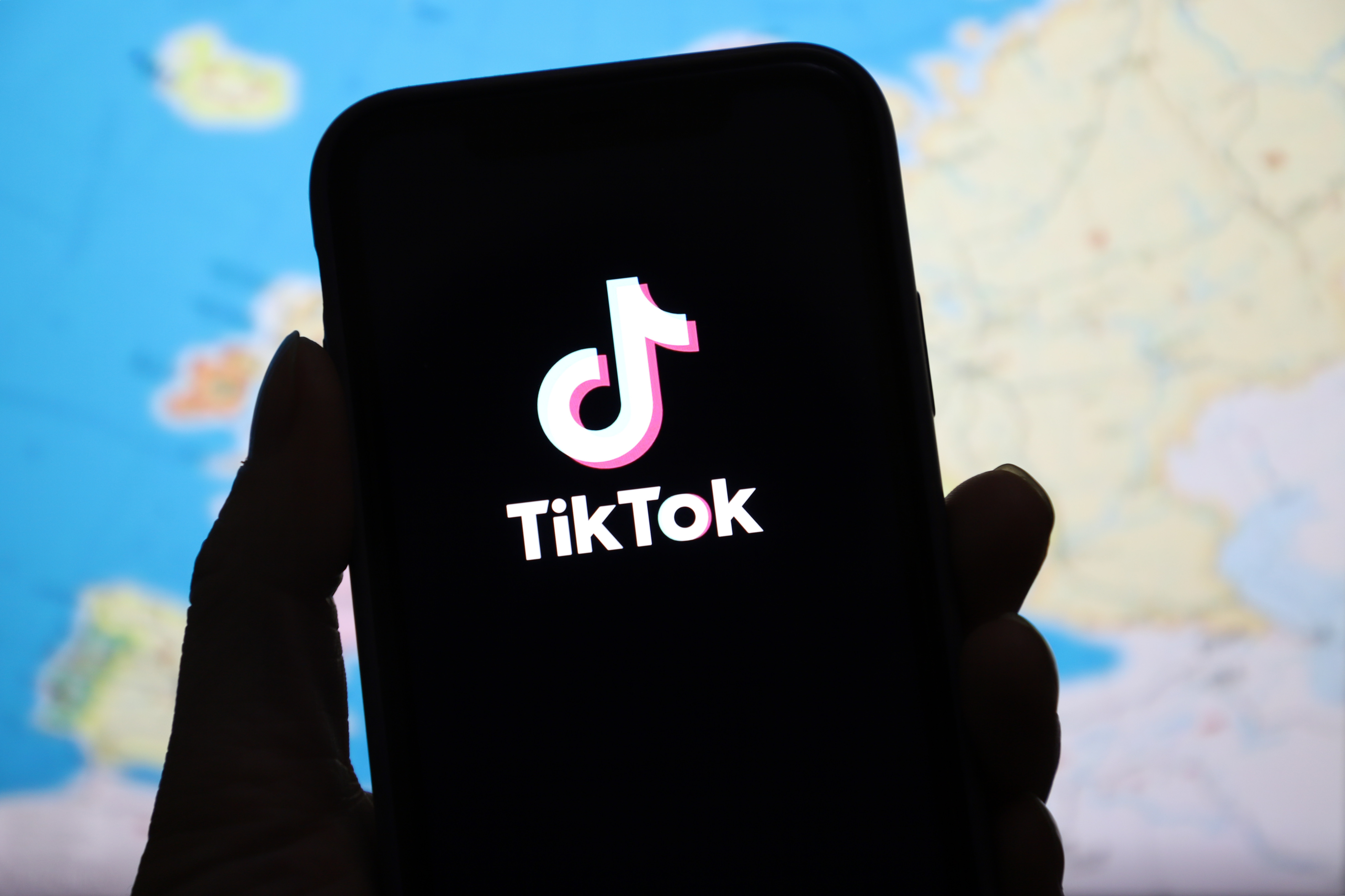In the early weeks of the pandemic, one thing became clear to Louis Goffinet: he needed to help.
“As a teacher I was able to see pretty closely how COVID was impacting families,” said Goffinet, who teaches in a Connecticut middle school.
With no charity or fundraising background, Goffinet started an online fundraiser to help his Mansfield neighbors buy groceries.
“I set out to buy groceries for local families who were impacted by COVID. I had the original goal of just raising a couple hundred dollars and that quickly snowballed,” said Goffinet.
Get Tri-state area news delivered to your inbox. Sign up for NBC New York's News Headlines newsletter.
By the end of the campaign, Goffinet raised more than $40,000 online. He said he used the money to fund 140 family grocery trips, 125 family dinners, 80 Thanksgiving pies, 31 Thanksgiving dinners, rental assistance for five families, and to help 20 people buy holiday gifts for their children.
“As soon as we got money we found people who needed it and ways that we could help,” said Goffinet.
Goffinet said his work felt amazing, but now, one year later, he is feeling the exact opposite.
U.S. & World
In February, Goffinet received a 1099-K form from the Internal Revenue Service (IRS) in the mail. The form let Goffinet know that $41,000 of the money he raised online was considered taxable income. According to an accountant, that translates to a tax bill for Goffinet of about $16,000.
“It was a little gut-wrenching. As a teacher, I think many people understand, our salary is not as high as other jobs,” said Goffinet. “So, $16,000 for me is significant. It is a huge part of my yearly income.”
Dawn Brolin is a Certified Public Accountant and owns Powerful Accounting. She explained that third party transaction sites, like the one Goffinet used for his fundraiser, are required to issue a 1099-K form if the transactions exceed $20,000.
Even though Goffinet said he gifted all of the money that he raised and has documents to back that up, since he is not a nonprofit, it is considered taxable income.
Brolin is working with Goffinet and said that they can try to fight it.
“Louis has to take, what we call, a tax position. He is going to take a position that says, ‘I meant this to be a gifting campaign to assist with families who are affected significantly by COVID,’” said Brolin. “Now, the IRS can disagree.”
If that happens, Goffinet is on the hook for the bill. He said he does not know how he will pay the $16,000.
While he still wants to help people, he said he is going to have to find another way and he urges others to do their research before launching a similar community project.
“Really taking it slow and making sure that you have all of your ducks in a row,” said Goffinet.
According to the IRS, if you are hoping to fundraise money to help people, it is best to formally set up a nonprofit or direct donations to an already established nonprofit.



